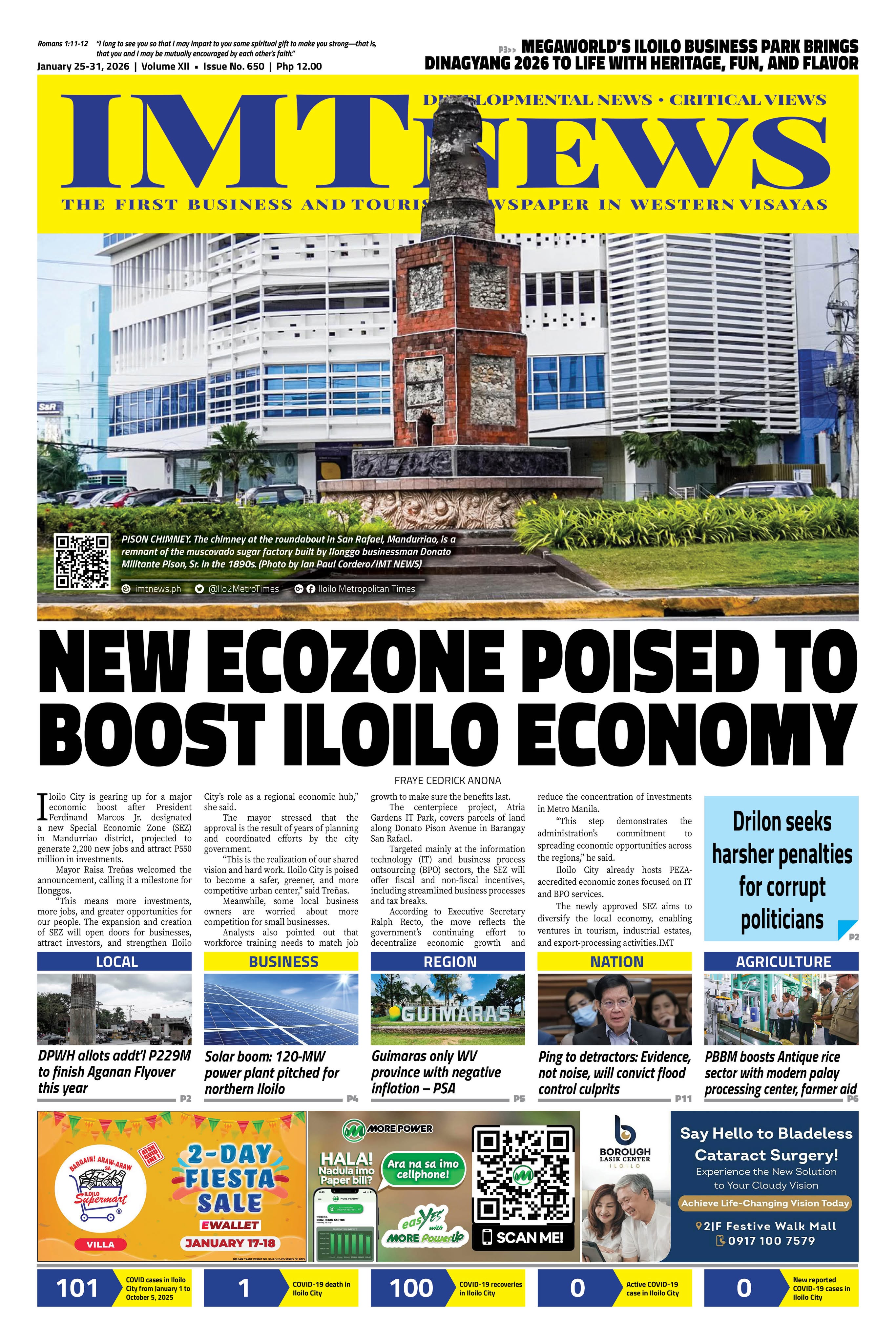Beyond all expectations, the war in Ukraine has persisted; hence, the issue of why Putin has not yet stopped it remains. Countless lives lost, a damaged economy, and military conflicts—why then continue? The solution seems to lie in a psychological trap called the “sunken cost” fallacy, whereby the more a nation spends in a war—in time, lives, and resources—the harder it becomes to walk away, even if continuing seems illogical.
Russia’s expected quick triumph upon invading Ukraine in February 2022 was Kyiv was meant to fall within days, and a puppet government would replace it. But Ukraine’s aggressive defense subverted these expectations. Ukraine pushed back, driving Russia into a costly and protracted conflict with its surprising fortitude and international community support. Putin’s first mistake—underestimating the Ukrainian people—has made retreat almost impossible. Russia is now fighting to avoid acknowledging failure, not to win, with over a hundred thousand Russian troops lost and sanctions cutting deeper.
Putin missed the will of the Ukrainian people. Once a major player in the area, Russia thought Ukraine would buckle under strain. Still, Ukrainians have gone against expectations everywhere. Supported by the world, they have rebounded, freed areas, and maintained their sovereignty. Although the war costs both sides more the longer it lasts, for Putin, admitting defeat would mean admitting his miscalculation, damaging his fragile power and legacy.
Today, Russia is in a sunken cost conundrum. One load that cannot be readily dropped is war. Economically, the damage is enormous; Russia finds it challenging to keep momentum militarily. Walking away, though, would be catastrophic, at least in Putin’s eyes. His survival rests on this war; a retreat would indicate military loss and a loss of national pride and power. Restoring Russia to global prominence has become his identity; thus, turning back down would destroy the basis of his control.
This conundrum is not exclusive to Russia; it is typical of totalitarian governments. Making decisions alone, Putin runs against no democratic restraints on his authority. Attached to him for their survival, his advisers hardly question his choices. Putin is surrounded by people who support his own faulty presumptions in a system where dissent is suppressed, so limiting honest criticism.
Stakes for Putin go not only military but also personal. Over years of propaganda, his picture as a strong, unbeatable leader has been developed. Retreat would challenge the narrative that keeps him in power. Putin gets more ingrained in the belief that to back down would be to lose everything the longer the war drags on.
For Ukraine, meanwhile, this war is about survival. Every square inch of land and every moment of sovereignty captures their future. Concessioning anything to Russia would mean compromising the sacrifices made by families, soldiers, and the country itself. Ukraine battles for its existence; Russia battles for pride, if not for Putin’s hubris. The different reasons of both countries draw attention to the great gulf in this war.
The West is essential. Although the US and European countries have backed Ukraine, demand for a negotiated peace mounts. Peace negotiations are challenging, though, because Putin’s refusal to compromise is unacceptable. He finds any peace agreement lacking a complete surrender of Ukraine unacceptable; hence, the war is probably, and unfortunately, going to last.
While Ukraine’s resilience is constant, Russia’s resources are running low. International support for Ukraine keeps growing, particularly from Europe, where the invasion is seen as a challenge to the post-World War II order. But Russia gets more cut off as the war wears on. Putin’s denial of the expenses of his activities confirms his leadership quality as one ready to give all for personal benefit.
Putin’s basic weakness has been his overestimating of Russia’s military might and underestimating of Ukraine’s will. Even if Russia were to acquire more territory, it would incur enormous expenses. The war demonstrates how mistakes in calculations might have terrible results. War is about people’s will to defend their identity and determination, not only military might.
This conflict sharply reminds us of the human cost of war. It is about national identity, sovereignty, and the right to self-determination as much as power or territory. While Ukraine fights for the very core of its nationhood, Russia’s war is a struggle for political, if not Putin’s personal, survival.
The fundamental question still stands: Will Putin fight, caught in the sunken cost fallacy, or will he face the reality that Russia cannot afford to pay to continue the war? Time will tell, but the longer this war lasts, the more intense the conflict gets, and there seems to be no simple fix in view.
Doc H fondly describes himself as a “student of and for life” who, like many others, aspires to a life-giving and why-driven world grounded in social justice and the pursuit of happiness. His views do not necessarily reflect those of the institutions he is employed or connected with.







